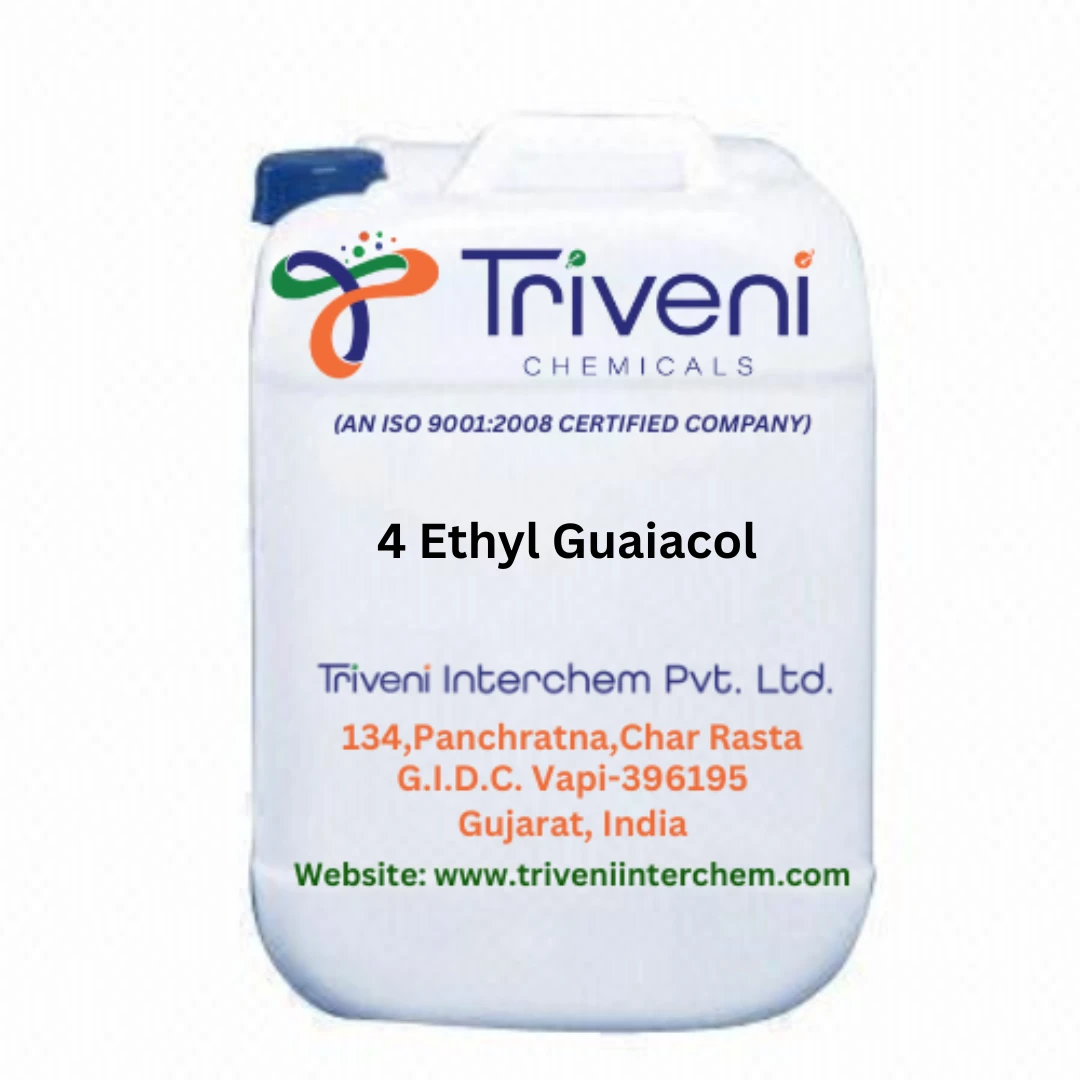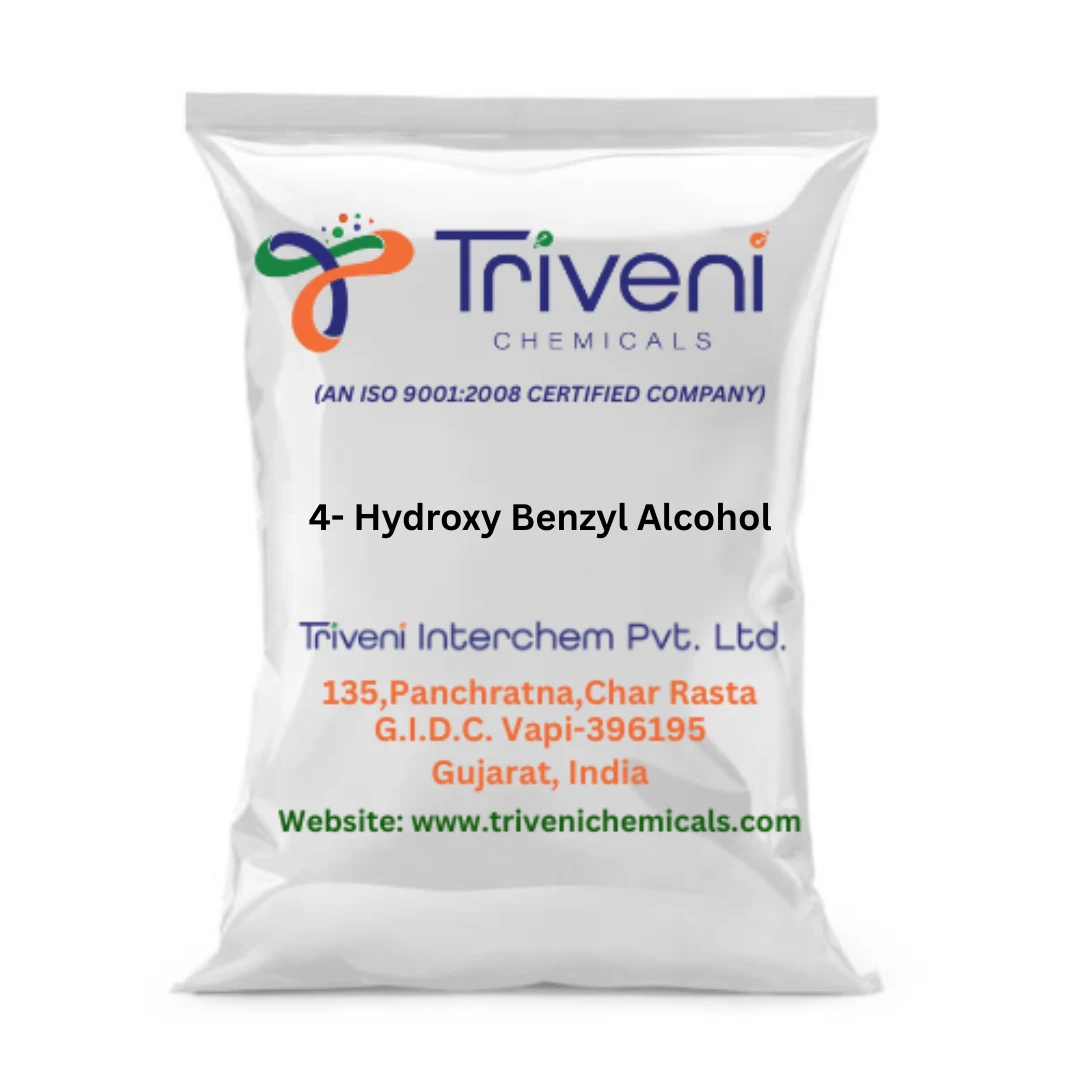Natural phenols, a diverse group of organic compounds found in various plants, are characterized by one or more phenolic functional groups. They are present in fruits, vegetables, grains, herbs, and other botanical sources, constituting a valuable category within the realm of chemical products from nature. Derived from the basic structure..
Natural phenols, a diverse group of organic compounds found in various plants, are characterized by one or more phenolic functional groups. They are present in fruits, vegetables, grains, herbs, and other botanical sources, constituting a valuable category within the realm of chemical products from nature. Derived from the basic structure of phenol, which features an aromatic ring with a hydroxyl (-OH) group, natural phenols exhibit a range of chemical structures and properties, leading to diverse biological activities and potential health benefits. This category encompasses several subclasses, including flavonoids, tannins, lignans, stilbenes, and coumarins, each with unique characteristics found in different plant sources. For instance, flavonoids abound in fruits and vegetables, while tannins are prevalent in tea, coffee, and wine. Renowned for their antioxidant properties, natural phenols play a vital role in neutralizing harmful free radicals, contributing to the chemical products' ability to protect cells from oxidative stress. Beyond antioxidation, these compounds demonstrate anti-inflammatory, antimicrobial, and anticancer effects, influencing enzyme activity, inhibiting harmful microorganisms, and interfering with cancer cell proliferation. In the domains of nutrition and functional food research, natural phenols have garnered significant attention for their potential health benefits, impacting cardiovascular health, cognitive function, and immune system modulation. Notwithstanding their potential advantages, it is crucial to acknowledge variations in concentration and bioavailability based on factors such as plant variety, ripeness, processing methods, and cooking techniques. Hence, consuming a diverse range of fruits, vegetables, and plant-based foods is recommended to ensure a sufficient intake of natural phenols and other beneficial phytochemicals within the spectrum of chemical products from natural sources.
Natural Phenols are often key active components in Natural Plant Extracts, contributing to their antioxidant and anti-inflammatory properties.
Natural Phenols include compounds like Coumestan, which is a type of polyphenolic compound found in certain plants with potential health benefits.




